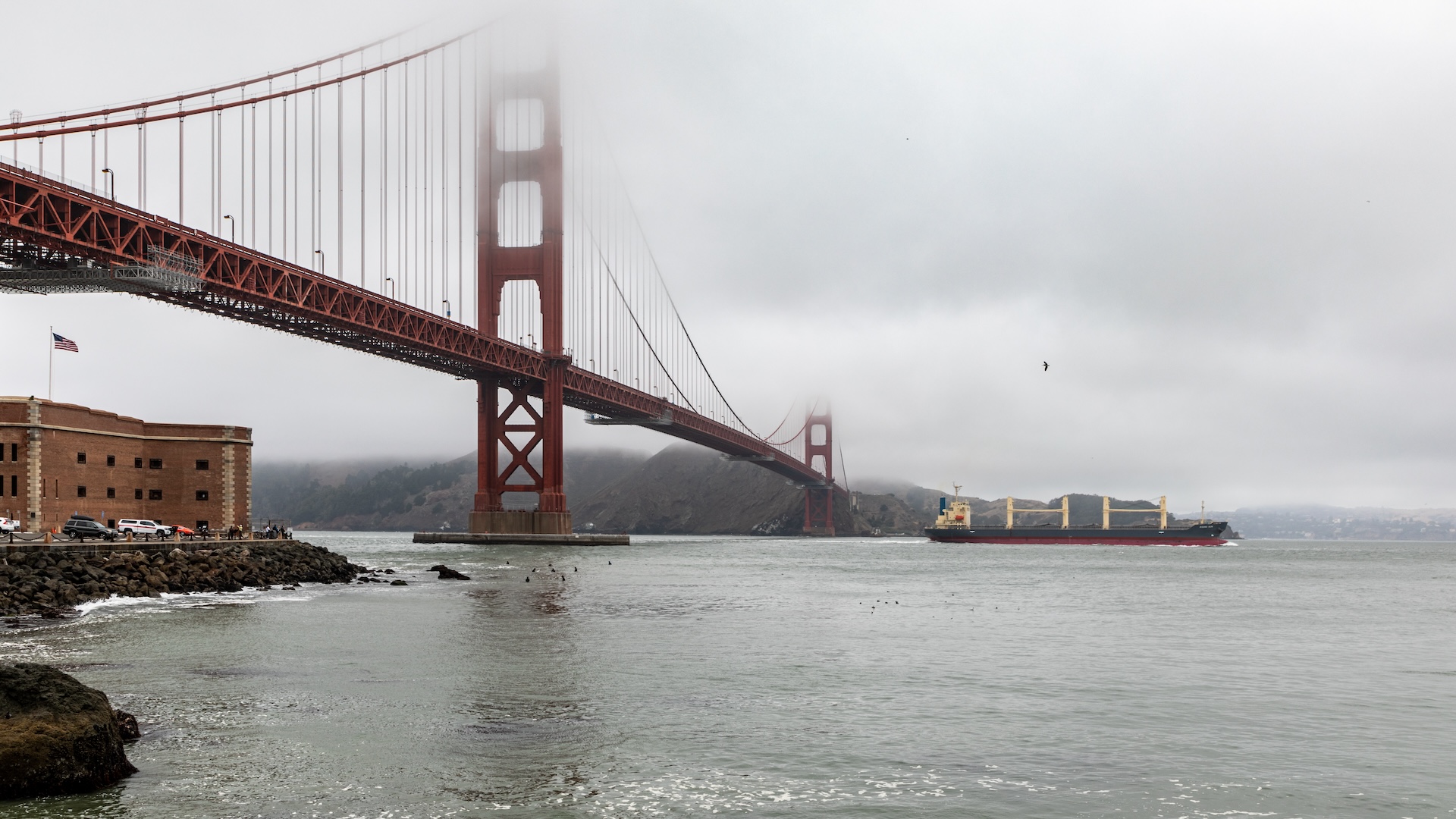Supreme Court Limits EPA’s Ability to Stop Poop Water Discharges Into the Ocean
Photo by Dietmar Rabich/Wikimedia Commons
In a 5-4 decision, the Supreme Court ruled on Tuesday that the Environmental Protection Agency overstepped its statutory authority in its regulation of San Francisco’s discharge of pollutants into the Pacific Ocean and San Francisco Bay. Conservative Justice Amy Coney Barrett joined the three liberal Justices in dissenting to a ruling that will make it much harder for the EPA to, uh, protect the environment.
San Francisco found itself on the side of the American Petroleum Institute, the National Mining Association, and other clean living juggernauts, which one would hope would lead ostensibly liberal cities to reconsider their position. The majority decision, written by Justice Samuel Alito, contends that the generic conditions imposed by the EPA in a 2019 permit were too vague to follow and could lead to “crushing penalties” if water quality standards are breached — which they were, meaning the combined sewage and stormwater system sometimes expelled human waste into waterways and the ocean.
-

-

-

-

-

-

-

-

-

-

-

-

-

-

-

-

-

-

-

-

-

-

-

-

-

-

-

-

-

-

-

-

-

-

-

-

-

-

-

-

-

-

-

-

-

-

-

-

-

-

-

-

-

-

-

-

-

-

-

-

-

-

-

-

-

-

-

-

-

-

-

-

-

-

-

-

-

-

-

-

-

-

-

-

-

-

-

-

-

-

-

-

-

-

-

-

-

-

-

-

-

-

-

-

-

-

-

-












































































































